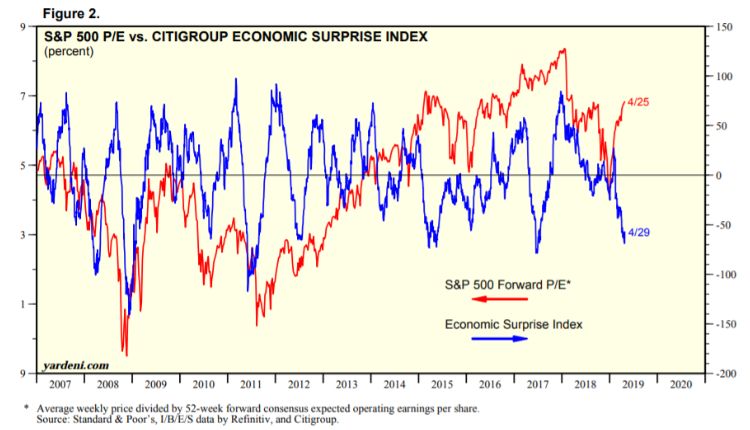Introduction:
In today’s stock market news, investors witnessed a surge in market volatility, primarily driven by the tech sector. As the global economy continues to recover from the impacts of the pandemic, the stock market has experienced significant fluctuations. This article will delve into the key developments of the day, analyzing the performance of the tech sector, providing insights into the factors influencing market volatility, and concluding with a reflection on the overall market outlook.
Tech Sector Outperforms:
The tech sector has been at the forefront of the market’s attention, displaying impressive performance throughout the trading session. Leading tech companies, such as Apple, Amazon, and Microsoft, reported better-than-expected earnings, fueling investor optimism. Apple’s record-breaking revenue, driven by strong iPhone sales and robust growth in its services division, contributed to the overall positive sentiment in the sector. Additionally, Amazon’s impressive growth in e-commerce and cloud computing, as well as Microsoft’s strong performance in its Azure cloud business, added further momentum to the tech sector’s rally.
Market Volatility and Influencing Factors: While the tech sector has been thriving, market volatility has been a prominent feature of today’s trading. Several factors have contributed to this volatility, including:
- Inflation Concerns: Rising inflation expectations have raised concerns among investors. As economies recover and demand increases, the fear of inflationary pressure on interest rates and corporate profitability has led to market jitters. The potential for central banks to tighten monetary policies to combat inflation adds to the uncertainty.
- Geopolitical Tensions: Ongoing geopolitical tensions, such as trade disputes and political conflicts, can significantly impact market stability. Investors closely monitor developments related to global trade policies, sanctions, and diplomatic relationships, as these factors have the potential to disrupt supply chains, affect international markets, and create uncertainty for investors.
- Regulatory Changes: Regulatory changes and proposals can have a profound impact on specific industries and companies, causing volatility in the market. For instance, recent discussions around potential regulations in the tech sector regarding data privacy, antitrust concerns, and taxation have created uncertainty and affected the valuations of tech companies.
Conclusion:
Today’s stock market news has highlighted the impressive performance of the tech sector, driven by strong earnings from key industry players. However, market volatility remains a significant concern due to factors such as inflation, geopolitical tensions, and regulatory changes. Investors should carefully monitor these factors and consider diversifying their portfolios to mitigate risk. While short-term market fluctuations are inevitable, a long-term perspective combined with a diversified investment strategy can help investors navigate uncertain times and capitalize on market opportunities.
FAQs:
- How can investors protect themselves during periods of market volatility? During periods of market volatility, investors can take several steps to protect themselves. These include diversifying their portfolios across different asset classes, sectors, and geographic regions. Additionally, having a long-term investment horizon and avoiding impulsive decisions based on short-term market movements is essential. Regularly reviewing and rebalancing the portfolio can also help maintain a balanced risk exposure.
- What are the potential impacts of inflation on the stock market? Inflation can have both positive and negative impacts on the stock market. Moderate inflation can be beneficial as it signifies a healthy economic environment with increasing consumer demand. However, if inflation rises rapidly, it can lead to higher interest rates, which negatively affect corporate profitability and stock valuations. Investors should closely monitor inflation indicators and adjust their investment strategies accordingly.
How do geopolitical tensions influence the stock market? Geopolitical tensions can significantly influence the stock market. Trade disputes, political conflicts, or international policy changes can disrupt global supply chains, affect the profitability of multinational companies, and create uncertainty for investors. Investors should stay informed about geopolitical

